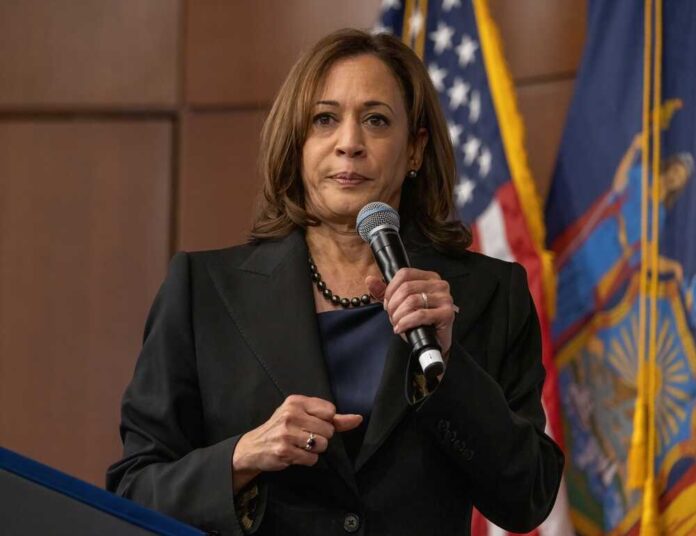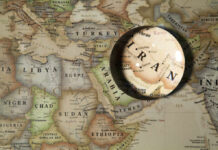
The Chinese Communist Party does not believe U.S. Vice President Kamala Harris’ whirlwind African tour and accompanying financial promises are credible.
On Monday, its state-run Global Times criticized the White House for attempting to compete with Beijing for positioning on the African continent. It asserted that Washington is spending only a fraction of what Beijing has invested to win African hearts and minds.
The Times accused the administration of simply repeating old promises as opposed to “delivering real money” to the impoverished region.
As Reuters reported, the $55 billion pledge carried across the Atlantic by Harris is largely a rehash of programs already announced and budget requests in place.
🇨🇳 – China is by far largest buyer of Africa’s mining output
• In 2020 China bought 43% of Africa’s minerals exports and 32% of region’s ores and metals exports
• Chinese demand for these materials will continue to increase in coming ten years, fuelling investments pic.twitter.com/mbSpMNjrme— Agathe Demarais (@AgatheDemarais) March 30, 2023
Nearly $20 billion in funding is earmarked for health programs, $15 billion comes from trade and investment partnerships, and of course there are dollars designated to fight “climate change.”
China made a big splash in Africa in recent years, investing large sums in infrastructure projects and other developments. In a Cold War-type development, the U.S. now sees itself in competition with another superpower to exert influence on the continent.
The Global Times noted this correlation and accused the U.S. of not being focused on African development but rather its own interests. The obvious irony is that China’s interests are the sole reason the communists are doling out funds in Africa.
The state outlet quoted Beijing Foreign Studies University professor Song Wei, who said the U.S. is manipulating its democratic ally Ghana.
The academic accused Washington of utilizing the nation as a “point of entry” in Africa to play the “value card.” This is a reference to U.S. and international accusations of vast human rights violations by the Chinese communists.
Song went further, insinuating that Africa’s many dictatorial regimes will choose the non-judgmental Chinese over moralizing Americans. Western nations will expect the continent’s rulers to treat people with dignity, something Beijing hardly considers.
He also believed that China’s overtly self-interested and amoral policy is more clear and reliable than the promises of the West. Democratic nations shift leadership with elections and popular opinions change, rendering their promises less bankable, according to Song.
All of this posturing over Africa echoes sentiments heard around the globe for decades during the Cold War. There can be little doubt that the world is engaged in lining up with the two superpowers as once again they are jockeying for spheres of influence.



























